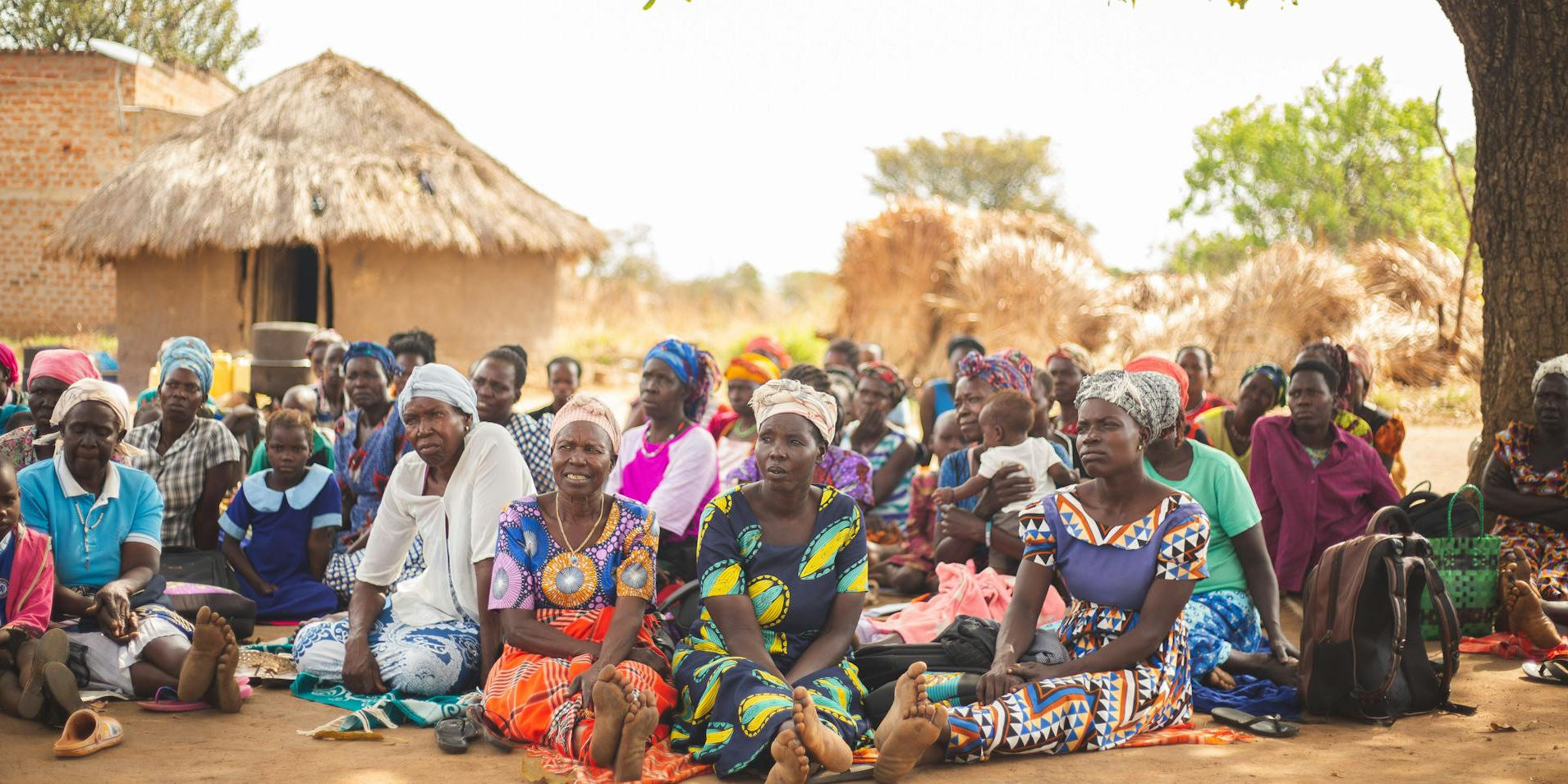
Positive failures: rethinking the legacy of resilience interventions
Context
A burgeoning literature has focussed attention on maladaptation in which strategies deployed lead to unintended consequences that worsen existing conditions. Elsewhere, literature has focused on the conditions under which communities resist interventions, blocking planned adaptation or resilience building actions. In each case, interventions are perceived by their proponents as a failure. However, our experience suggests that apparent failure masks a more complex story in which material, knowledge and/or relational assets remain in communities, subsequently deployed to better meet the aspirations of some or all people locally.
Aims and Objectives
We will plan to investigate communities with histories of marginalisation and deligitimisation, asking how, when and why they deploy their own agency in redirecting resilience agendas to better align with their interests and priorities. Our goal is to explore the legacy of projects through a novel analytical framework that centres on local knowledge politics, identifying which aspects of projects persist, under what circumstances, and for the benefit of whom.
To do this, we will bring together our understanding of the contexts in which adaptation and resilience play out and build on our shared analytical interests in bricolage processes and political capability. While this approach identifies a new direction for adaptation research, it is also consequential for resilience planning as it rethinks how the benefits and value of projects can be understood (what resources are communities able to draw on to effect future change?), and recentres the agency of local actors and community-level political capability as the starting point for resilience planning (how can project interventions support local actors and institutions to effect equitable and informed changes?).
We aim to produce a perspective article, arguing that despite progress in acknowledging the politics of adaptation and resilience and the reality of maladaptation, the real life and legacy of such projects remains hidden, to the detriment of our understanding of the types of value that projects can and should bring to communities at the frontline of climate change. This will form the basis of a funding proposal, to be submitted to a suitable targeted call or the ESRC's responsive mode. Detailed outline drafting of these outputs will be completed during the Fellow's visit to York.
This was a fantastic opportunity to deepen a relationship with a valued colleague. If it were not for the YESI Fellows scheme, this would not have been possible, and really significant opportunities for collaboration would have been lost - including the papers and funding proposals that we now have in the pipeline.
- Prof Jon Ensor
Project Outputs
New Article - Adaptation bricolage: centering community agency in climate adaptation agendas
What if what’s often labelled “failure” in adaptation is actually something more complex - and sometimes essential? In this article YESI International Fellows and co‑authors examine cases from agriculture in Africa to show how communities don’t simply accept or reject externally imposed adaptation, but instead engage in adaptation bricolage - blending external interventions with local knowledge, priorities, and experience.
The findings suggest that adaptation programs are more likely to have appropriate, sustainable outcomes when they embrace local agency and see resistance not as “failure” but as part of a dynamic adaptation process. Read the full article below.
Adaptation bricolage: centering community agency in climate adaptation agendas. Edmond Totin, Jonathan Ensor, Carla Roncoli, Esdras Obossou. Climate and Development, September 2025.
YESI International Fellows seminar
Rethinking climate resilience planning by understanding the legacy of interventions in food production systems.
University of York collaborator
Jonathan Ensor, Stockholm Environment Institute at York
Bio
International Collaborator
Edmond Totin, Department of Tropical Forestry, National University of Agriculture, Benin
Bio
Edmond has extensive experience of studying climate and environment change, in particular in West Africa. His expertise include climate loss and damage, climate governance and adaptation, food security, gender and equity, and working at the science-policy nexus. He was Coordinating Lead Author (CLA) of Africa Chapter for the IPCC 6th Assessment Report, and is currently Associate Editor of Climate & Development Journal and a member of Science Committee of the World Adaptation Science Program (WASP), leading the Working Group on Loss and Damage.

